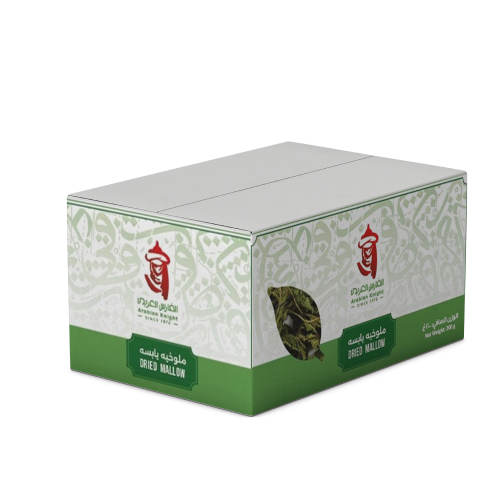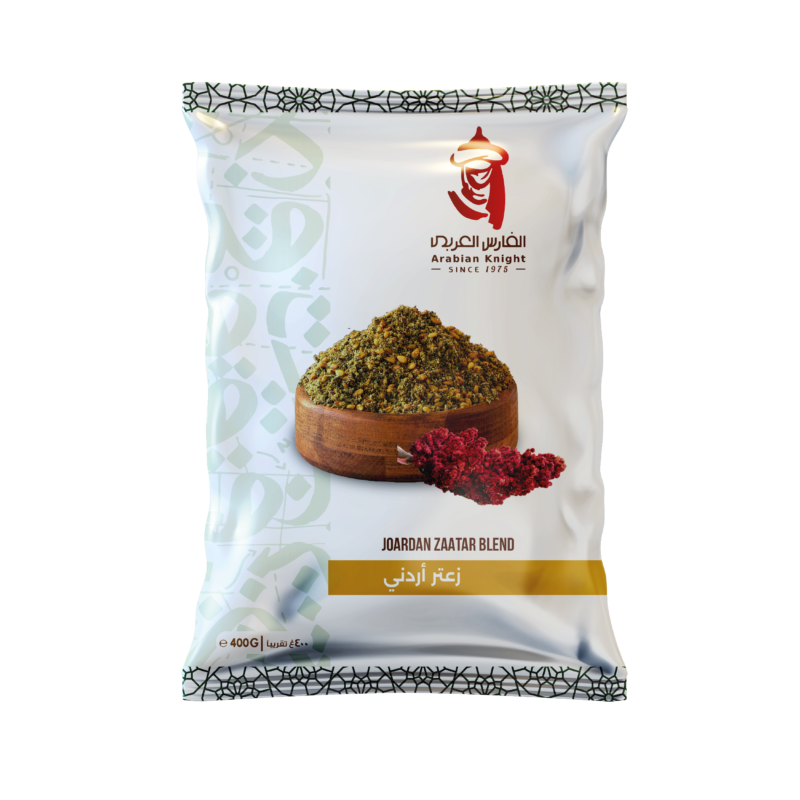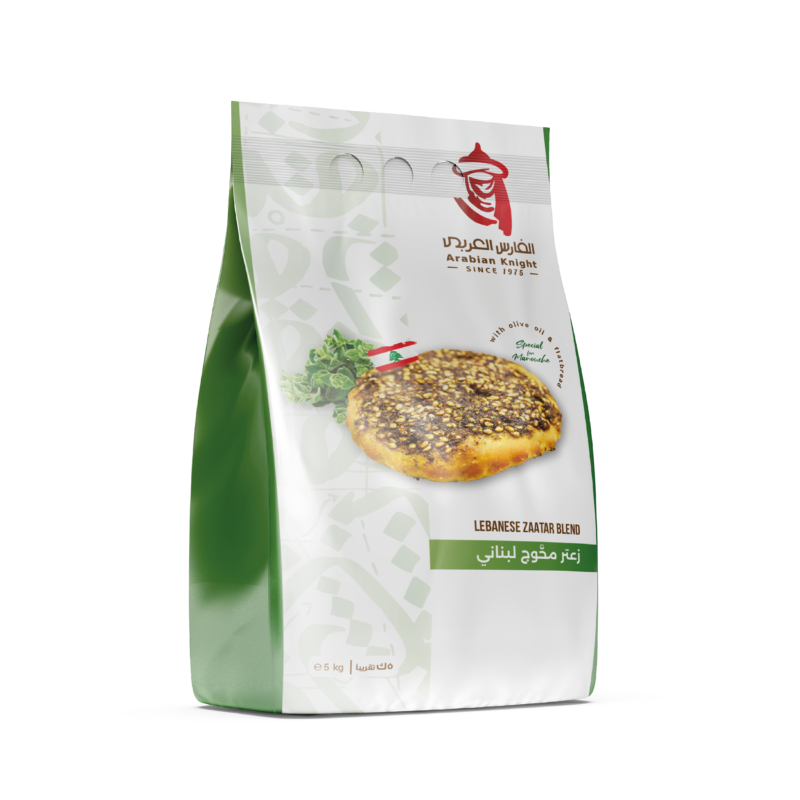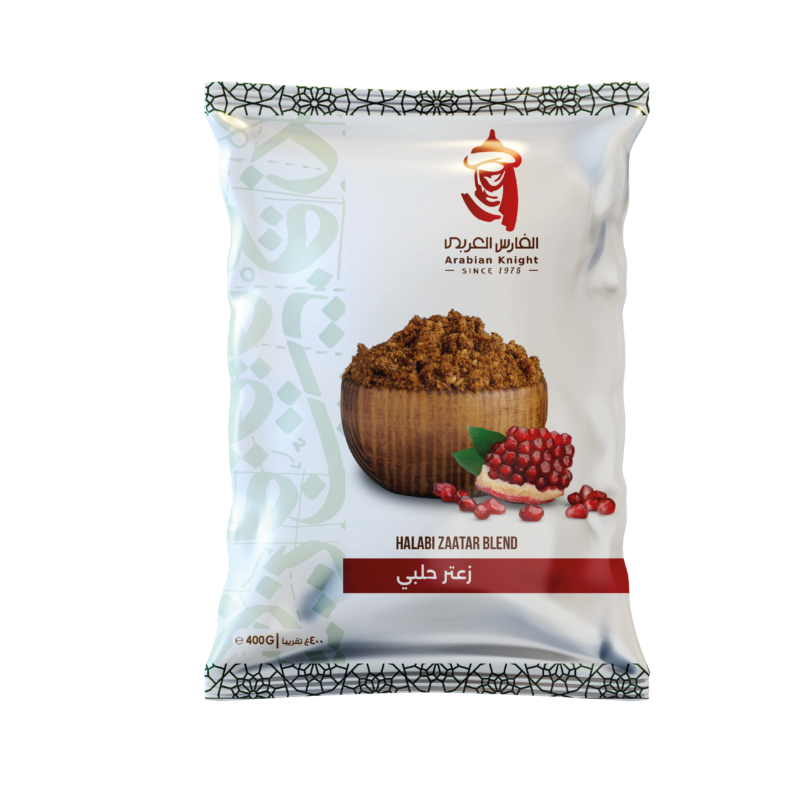I can safely say that one of the foods that a Lebanese would miss the most when outside of Lebanon is Zaatar; not just any Zattar. Zaatar that was foraged by a relative or friend, dried properly for weeks, ground and mixed with the right amount of sumac and sesame and salt.
Zaatar is a versatile and aromatic spice blend that holds a special place in Middle Eastern cuisine. In this article, we'll delve into the history, ingredients, and various uses of zaatar, as well as its potential health benefits. Prepare to discover a whole new world of flavors!
Culinary Uses and Pairings for Zaatar
- Mana'eesh: Mana'eesh is a popular Lebanese flatbread that is often topped with a generous sprinkling of zaatar, olive oil, and sometimes cheese. The zaatar adds a savory and aromatic flavor to the bread, making it a delicious and satisfying snack or breakfast option.
- Labneh with Zaatar: Labneh is a creamy and tangy Lebanese yogurt cheese. It is commonly served as a dip or spread. To enhance its flavor, sprinkle a generous amount of zaatar on top of the labneh. The combination of the tangy labneh and the herbal, nutty flavors of zaatar is absolutely delightful.
- Grilled Meats: Zaatar can be used as a marinade or seasoning for grilled meats, adding a unique twist to your dishes. Mix zaatar with olive oil, lemon juice, garlic, and salt to create a flavorful marinade for chicken, lamb, or beef. Allow the meat to marinate for a few hours before grilling for a deliciously aromatic and herb-infused dish.
Roasted Vegetables: Elevate the flavor of roasted vegetables by sprinkling them with zaatar before cooking. The earthy flavors of the vegetables complement the herbal notes of the zaatar, resulting in a vibrant and flavorful side dish. Try it with roasted cauliflower, eggplant, or potatoes.
Exploring the Health Benefits for Lebanese Zaatar
Rich in Antioxidants: Zaatar is a potent source of antioxidants due to its ingredients like thyme, oregano, and sumac. Antioxidants help protect the body from free radicals, which are unstable molecules that can cause oxidative stress and damage cells. Regular consumption of zaatar may contribute to overall health and well-being.
Anti-inflammatory Properties: Many of the herbs found in zaatar, such as thyme and oregano, have anti-inflammatory properties. Chronic inflammation has been linked to various health issues, including cardiovascular disease, diabetes, and certain types of cancer. Incorporating zaatar into your diet may help reduce inflammation in the body.
Digestive Benefits: Zaatar contains thyme, which has traditionally been used to support digestion. Thyme has carminative properties that may aid in relieving indigestion, bloating, and gas. It is also believed to have antimicrobial properties that can help fight against certain bacteria, including those that can cause digestive problems.
Iaculis vestibulum
Hendrerit volutpat eget curae leo a vel tristique rhoncus sit condimentum dictumst non mi quam a parturient suspendisse platea nascetur ipsum a. Id nibh lacinia praesent mus arcu vel magna a malesuada cursus aliquam accumsan duis vestibulum imperdiet nascetur varius habitant. Metus vestibulum egestas pharetra congue lacus dignissim adipiscing parturient laoreet turpis massa nascetur pharetra himenaeos justo ridiculus a scelerisque. Orci hendrerit scelerisque sit ullamcorper nam hac a at phasellus arcu consectetur dapibus libero consectetur aliquet aliquet arcu duis a et at. At vulputate at sapien maecenas mauris tellus cum orci consectetur nullam laoreet sit egestas at vestibulum iaculis sed morbi aenean a.








